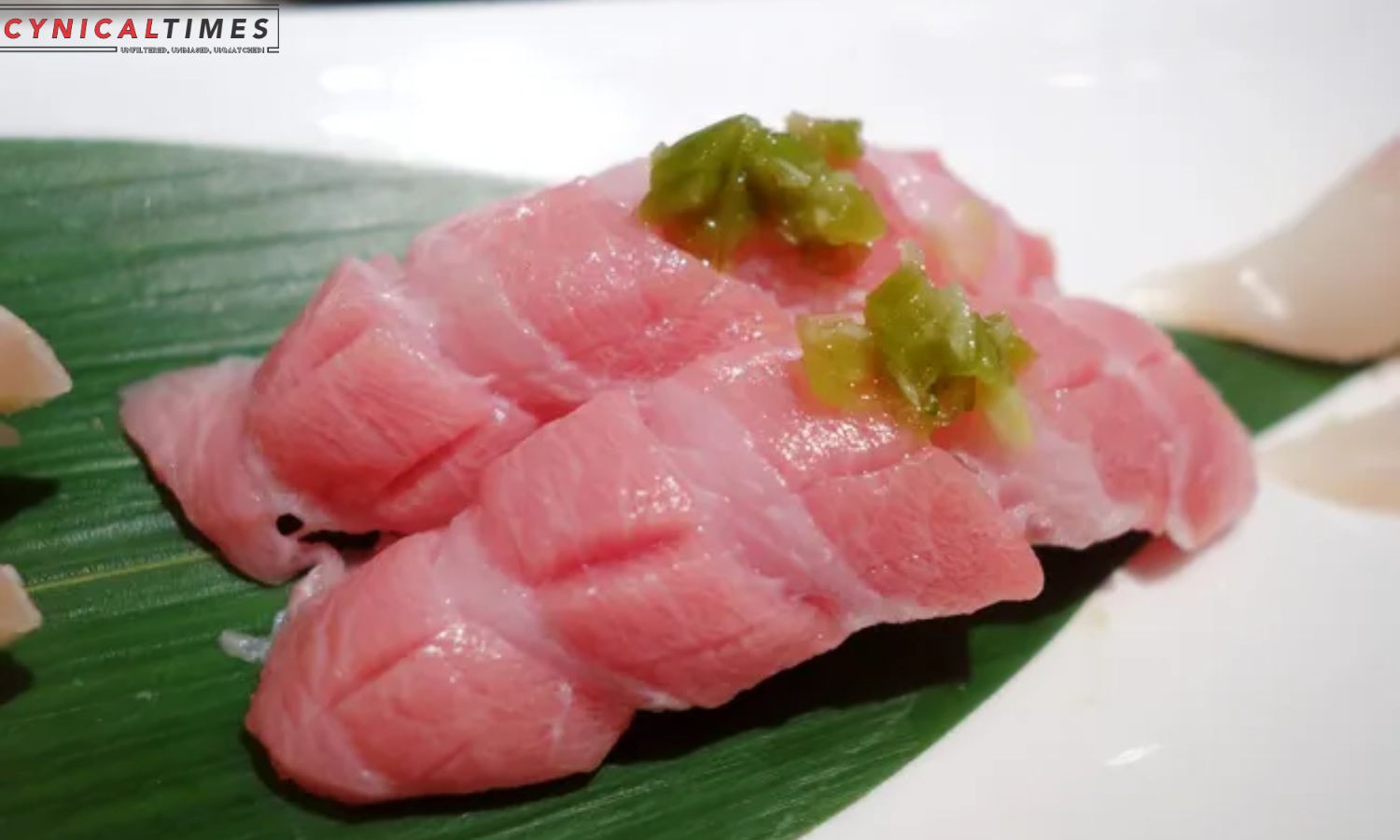Wasabi Memory Boosting Surprise: Wasabi may increase cognition, according to a new Nutrients study by Tohoku University researchers. The antioxidant and anti-inflammatory active component 6-MSITC improves short- and long-term memory.
Two groups of 72 healthy 60–80-year-olds participated in the study. One group received 100 milligrams of wasabi extract everyday and the other a placebo. The results after three months were amazing. Wasabi improved language, focus, and simple task performance, boosting short- and long-term memory.
Lead researcher Rui Nouchi, an associate professor at Tohoku University’s Institute of Development, Aging, and Cancer, expressed surprise at the substantial improvement observed. Episodic memory, crucial for learning, storing, and retrieving information, increased by an average of 18% in the wasabi group, outscoring the placebo group by 14% overall.
The anti-inflammatory benefits of 6-MSITC seem to play a role in reducing inflammation in the hippocampus, the brain region responsible for memory. This unexpected cognitive enhancement has prompted further exploration, especially in the context of dementia prevention.
Also Read: Link Between Diabetes and Cardiovascular Well-being: Insights from Experts
Nouchi’s motivation stems from a desire to find accessible solutions for seniors at risk of cognitive decline. While traditional methods like diet and exercise may be challenging for some seniors, a daily wasabi supplement could offer a simpler yet effective alternative. Compared to other spices like ginger and turmeric, wasabi stands out for its unique cognitive benefits.
While the study focused on seniors, the Tohoku team plans to extend their research to younger groups, paving the way for potential applications in dementia patients. It’s essential to note that authentic wasabi, Wasabia japonica, is native to Japan and can be scarce. Much of what is commonly encountered, even in sushi restaurants, is often horseradish dyed green, with up to 99% of wasabi in the U.S. potentially being fake.
Wasabi has high vitamin C levels, anti-inflammatory and antibacterial effects, neurodegenerative disorder prevention, heart health, weight loss, gut health, bone health, sleep and fatigue alleviation, and probable anticancer qualities.


